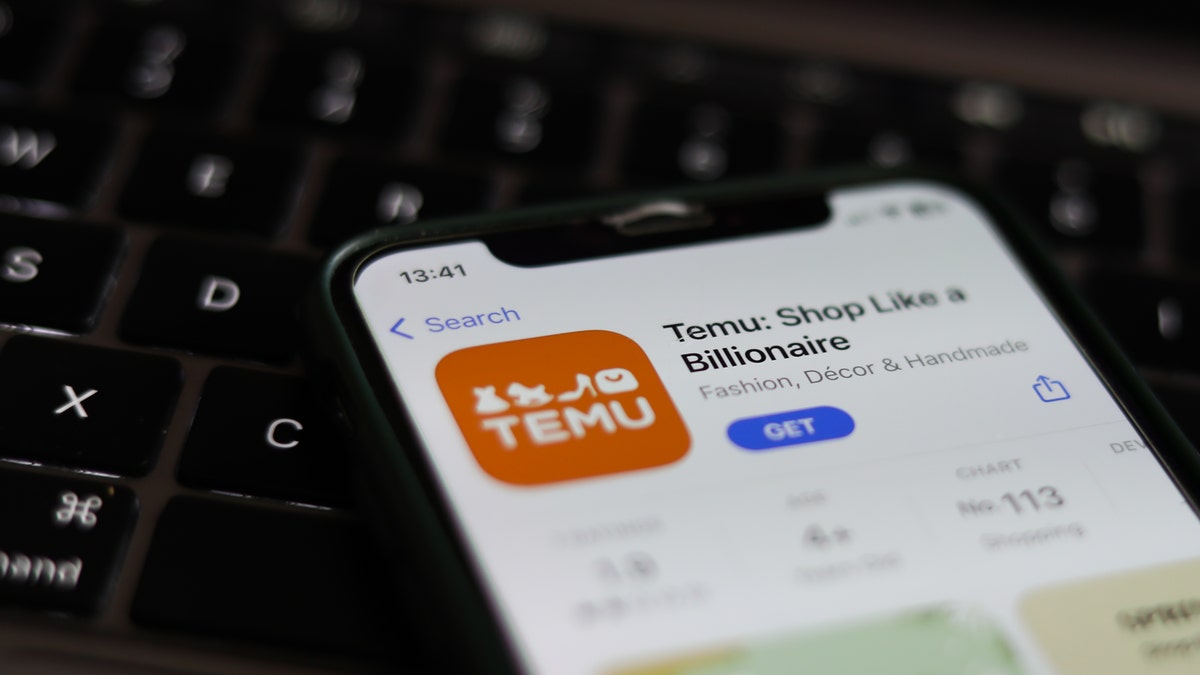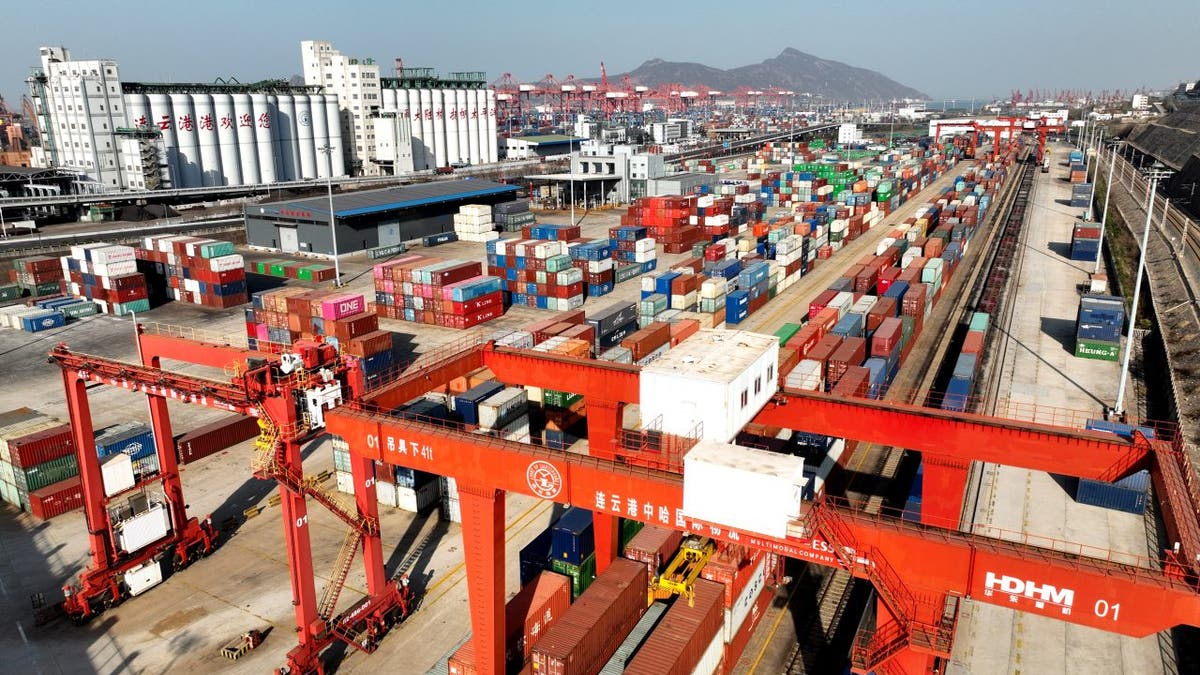A new AI-powered tool developed by tech firm Ultra has shed light on potential connections between products sold on the popular e-commerce platform Temu and forced labor practices, possibly involving the Uyghur population in China. The tool, called Publican, analyzes vast quantities of shipping data to identify patterns and red flags indicating potential fraud.
Ultra's CEO, Ram Ben Tzion, explained to Fox News Digital that the investigation focused on Temu's compliance with the Forced Labor Prevention Act. He expressed concerns about the platform potentially facilitating the entry of counterfeit or substandard goods, and even more alarmingly, products made with forced labor, into the United States.
Publican revealed that many products on Temu were linked to obscure company names and untraceable information. However, by comparing these products to listings on Pinduoduo, Temu's sister platform in China, Ultra discovered connections to companies located in Xinjiang, in close proximity to suspected Uyghur detention centers. Pinduoduo itself has faced allegations of bypassing user phone security to access private information.

Ben Tzion presented multiple product examples to demonstrate the systemic nature of the issue, asserting that these products likely originate from or are manufactured in Xinjiang, violating established trade policies. He suggested that Temu might be strategically circumventing the Uyghur Forced Labor Prevention Act (UFLPA), which prohibits the importation of goods produced with forced labor in Xinjiang.
Launched in 2022 by China-based PDD Holdings Inc., Temu has rapidly gained popularity, boasting over 50 million downloads and becoming the second most-used digital marketplace in the U.S. after Amazon. Its remarkably low prices for a wide range of products have fueled its rapid growth.

Publican's AI-driven analysis enables rapid examination of massive datasets to identify suspicious pricing, quality, or authenticity issues. Ben Tzion emphasized the use of machine learning and automated inspection capabilities based on third-party models to analyze information from thousands of public digital sources, flagging over 160 different fraud patterns.
Ben Tzion's suspicions regarding Temu were initially sparked by the unbelievably low prices offered on the platform. He explained that his goal was to determine whether their technology could uncover the reasons behind such pricing and discovered a deliberate attempt to obscure the true origin of the products. He stressed that Temu's practices appear to be a calculated strategy to exploit and undermine U.S. trade policies and the economy.

He pointed out that Temu consistently offers low prices, taking advantage of the de minimis loophole, which exempts shipments under $800 from inspection and duties. This practice allows Chinese companies to potentially bypass the UFLPA through direct-to-consumer sales. Lawmakers have been exploring solutions to address this loophole, but no concrete measures have been implemented yet.
Ben Tzion emphasized the importance of alerting both consumers and regulators to the seemingly strategic nature of Temu's operations. Temu has not yet responded to Fox News Digital's request for comment on these allegations.
Comments(0)
Top Comments